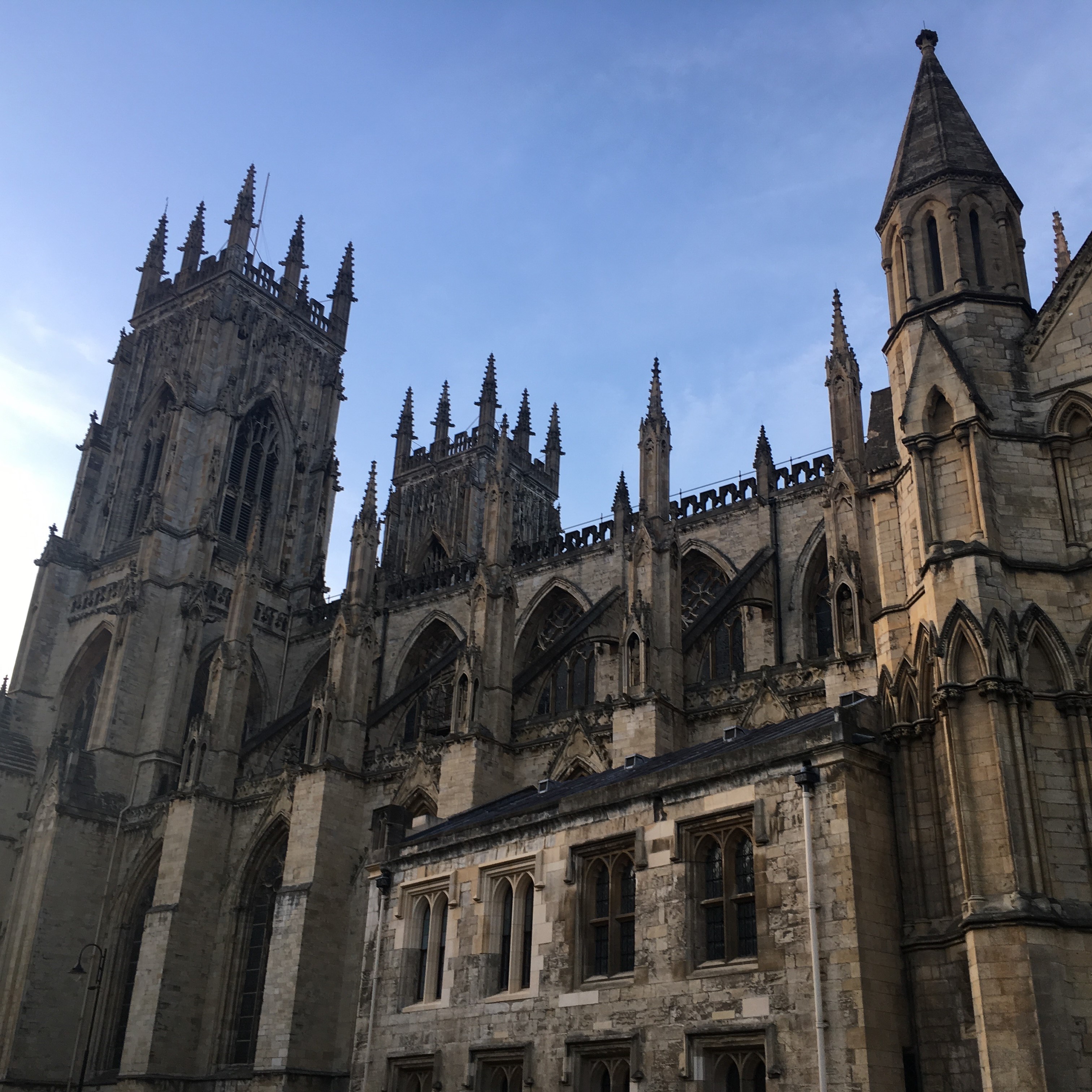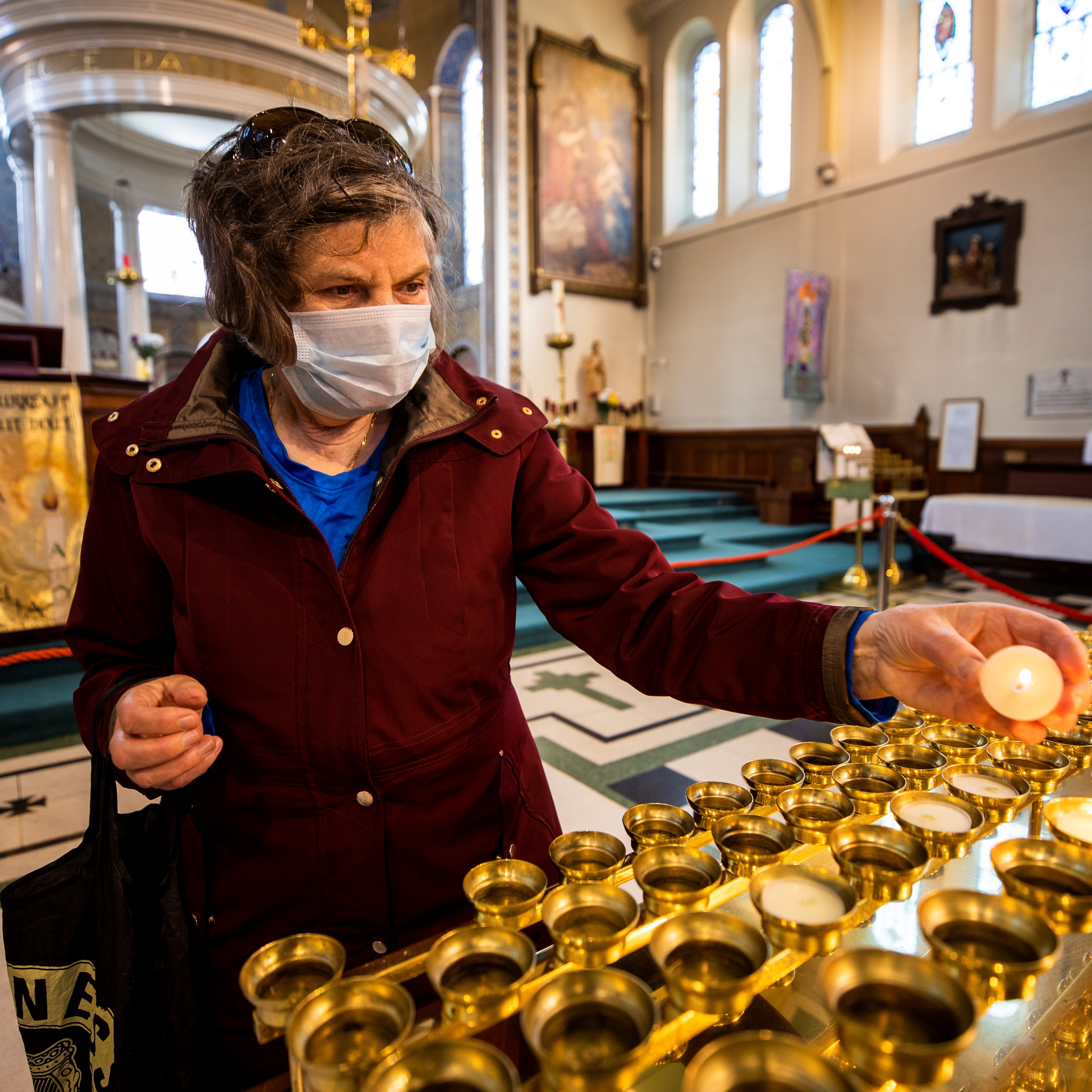Ireland’s bishops may well have welcomed Friday’s government announcement that public worship can resume in the Republic’s churches from 29 June, a full three weeks before the previously announced 20 July, but, even so, the resumption of public Masses will not be without its challenges.
Recent weeks have seen controversy around the issue, with the liberal-leaning Association of Catholic Priests, which represents up to a quarter of the island’s clergy, casting aspersions on the motives of some of those calling for public Masses to resume as early as possible.
Commending those who had taken a “careful, prudent and responsible approach” to worship during the Covid-19 crisis, the association said in a statement that an obvious danger is that “groups, with real and reasonable fears around mental health, employment, business and social activities, may seek unreasonably to force their private agendas on the present careful process”.
“Efforts at present effectively demanding that churches be kept open, that public Masses be reinstated and that ‘rights’ to pray in churches be upheld are being canvassed by individuals and groups with their own self-serving and self-interested agendas,” the statement continued.
The accusations came against a background of prominent Catholic commentators challenging Ireland’s bishops to push for public Masses to be permitted before 20 July, the date the government had picked for socially-distanced indoor gatherings.
The clamour for this began in early May after the publication of the Republic’s national roadmap for reopening society, which envisaged public worship with social distancing as a “stage four” activity.
At that point Northern Ireland had not yet published its own “pathway out of lockdown” and its churches – like those elsewhere in the UK – were still closed, making a particularly difficult challenge for the Irish bishops, who must negotiate with Irish, Northern Irish, and sometimes UK civil authorities when attempting to fashion all-Ireland policies.
That a common approach would be needed was shown in the early stages of lockdown when people took to travelling between parishes, dioceses and even jurisdictions to attend Mass if their local churches were closed.
In truth, despite claims that Ireland’s bishops were neglecting their flocks, were doing nothing, or even were cowardly or in thrall to an excessive “health and safety mentality”, work had been going on since before Easter to work towards a safe and practical all-Ireland approach sanctioned by civil authorities in both jurisdictions. Indeed, one bishop said at the start of May that the hierarchy had a case to make, but that while working out their strategy for a safe return to public Mass it was vital that the Church not do anything that could potentially endanger many more lives, and needed to think of the crisis as a marathon rather than a sprint.
The bishops of Ireland’s Western Province, for instance, had been working collectively on the issue since early April. Consulting with epidemiologists, nurses, and experts in health and safety, risk management, and human resources so as to be able to offer parish communities reliable and comprehensive advice, the western bishops met weekly online to discuss the issue and communicated the fruits of their efforts in draft form to the province’s priests.
Their work in turn fed into the national project, with the bishops’ conference pooling suggestions from throughout Ireland to draw up a lengthy draft framework document for resuming public Masses; a shorter second draft will be considered at the conference’s 8-9 June meeting before being issued to parishes in finalised form.
Although the expectation had been that this document would be submitted to the civil authorities in both Irish jurisdictions to show that the Church had a coherent plan for safely resuming public worship, it seems likely now that it will merely be used to make a case to the Northern Irish Executive. Certainly, the faithful of the North have not been forgotten, with Archbishop Eamon Martin, whose Archdiocese of Armagh is divided by the border, saying it is his “fervent hope and prayer” that Northern Irish parishes will “soon be able to gather for public worship in the same way as parishes on the rest of the island”.
One key theme in the draft is the need to manage expectations so people won’t find themselves being turned away, but it is hard not to fear that such efforts might pose their own risks.
It’s easy to talk about rotas where people can attend Mass in alphabetical groups, or even by streets or townlands or by making reservations, but any such arrangement could mean Mass in practice becoming a thing for the most attentive and committed Massgoers, those most likely to know the newer schedules, bound to ensure they're early, or have tickets, or do whatever is necessary to make sure they get their spot.
To each their own, perhaps, but such systems could risk turning our churches into narrow cliques.
While Netflix and working from home have filled countless lockdown hours for many, it’s a truism that self-isolation has stripped away distractions for many more, pushing them to think about deeper things: about our mortality, about why we are here and how we should live. Statistics for numbers joining in online services, and polls suggesting small but real upticks in numbers of people praying who previously didn’t, point to obvious fruits of such reflections.
Some of these will in turn stumble back towards the faiths of their forebears, returning to the churches to express gratitude, to be consoled, even to vent their frustration, but they’re hardly likely to be familiar with new restrictions on Mass attendance. There’s a real danger that such people could arrive at church doors only to be turned away because they’re from the wrong street, or their name starts with the wrong letter, or the church is 'full'.
Pope Francis talks often of our duty to reach out to those on the margins, and surely the last thing we should be doing is making it hard for prodigal sons to return, for lost sheep to wander back. If anything, that would be a betrayal of everything our faith is meant to represent.
Rather than having artificially segregated worshippers trickling back to Mass and scattering across near-empty chapels in a sanitised parody of how things were, surely the best hope for resuming worship must see us following in the footsteps of our persecuted ancestors and gathering for Mass in our open spaces, whether in car parks or school yards or at actual Mass rocks.
Sure, we’d still need to gather in line with social distancing principles, with stewards to make sure of this, and – Ireland being Ireland – we might have the wind and rain to deal with, but at least we'd not be barring our doors to those most in need of God's mercy.



 Loading ...
Loading ...
What do you think?
You can post as a subscriber user ...
User comments (0)